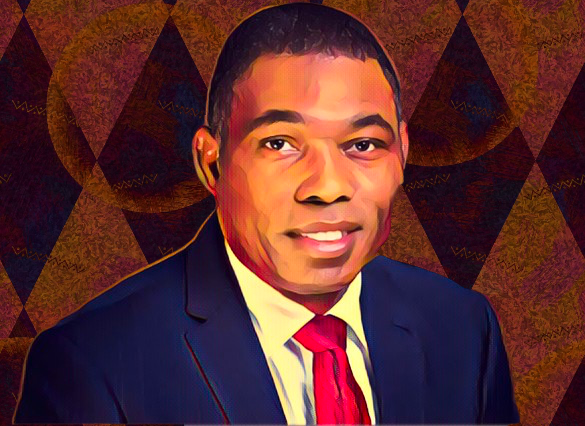In an enlightening dialogue with The Guardian, the Social Democratic Party’s (SDP) presidential candidate, Adewole Adebayo, shared his insights on the current state of Nigeria’s economy and the pressing need for the government to amplify its efforts in delivering the dividends of democracy. Since President Bola Tinubu took the reins in May 2023, expectations have been high regarding transformative governance and economic revitalization. However, Adebayo’s observations suggest a less than satisfactory start, urging a reinvigorated approach to national governance.
Adebayo likened the administration’s sluggish start to firefighters arriving at a blaze with no sense of urgency—a metaphor highlighting the critical need for the government to act swiftly and efficiently in addressing the nation’s challenges. “There are a lot of tasks ahead of the present administration, and I think they should be serious enough,” Adebayo stated, emphasizing the importance of dedication and timely action in governance.
Reflecting on the economic struggles faced by Nigerians, Adebayo pointed out that the current hardships did not emerge overnight but are the result of years of cumulative neglect and inadequate policies. He stressed that each administration inherits the challenges of its predecessors, alongside its own, making it imperative for the current government to tackle these issues head-on, without excuses.
Addressing the government’s responsibility, Adebayo argued that addressing longstanding issues should precede the introduction of new policies. He emphasized the need for a more rigorous and hands-on approach to governance, likening it to the task of a market sweeper, who must clean up not just the day’s refuse but also the accumulated debris from previous days.
The interview also touched on the contentious issues of subsidy removal and dollar floating policies introduced by the Tinubu administration. Adebayo criticized these policies, suggesting they contribute to the economic hardship without adequately solving the underlying problems. Despite these criticisms, he acknowledged the democratic process that brought these policies into effect.
Amid rising concerns over security, with increasing incidents of kidnappings and killings, Adebayo dismissed claims that the agitation against insecurity is politicized. He underscored the government’s fundamental duty to ensure the safety and security of its citizens, pointing out that the perceived increase in criminal activities is more a reflection of governance failure than a surge in criminal intent.
Adebayo’s critique extends beyond policy criticism to a broader call for national unity in supporting the government’s efforts to overcome these challenges. He emphasized the importance of honesty, hard work, and collective responsibility in steering Nigeria towards a brighter future. “Every Nigerian has a responsibility to assist President Tinubu to succeed,” Adebayo remarked, highlighting the role of constructive feedback and the need for the government to harness the expertise and goodwill of its citizens.
In conclusion, Adewole Adebayo’s conversation serves as a reminder of the urgent need for decisive action and enhanced governance in Nigeria. His insights underline the importance of addressing both inherited and emerging challenges with a sense of urgency and commitment. As the nation grapples with economic hardships and security concerns, Adebayo’s call to action resonates with a populace eager for change and a government striving to fulfill its mandate.
Source: The Guardian


